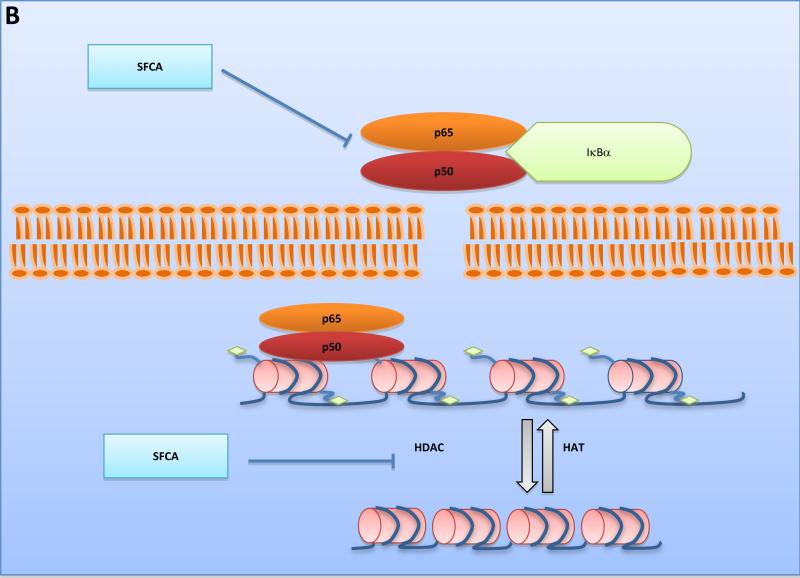Figure 1. Mechanisms for maintaining basal immune activation and tolerance.
A. Commensal bacteria help to preserve a healthy gut environment. Abundant beneficial microbes exist at the mucosal layer where epithelial cells can be stimulated by bacterial antigens such as surface layer proteins and metabolic products. The release of signaling molecules or the presentation of antigens by dendritic cells is able to induce the activation of T and B lymphocytes, meanwhile recruiting more dendritic cells and macrophages. B. Bacterial fermentation products such as SFCAs inhibit the NF-κB signaling pathway and decrease HDAC activity to regulate homeostasis. HATs, acting as transcription co-activators, can open chromosome structure by adding acetyl residues to histones, while HDACs do the opposite. Inhibition of HDACs may lead to accessible chromatin. The transcription of cell cycle arrest and apoptosis-related genes can result in suppression of tumor development. Inhibition of the NF-κB signaling pathway prevents its contribution to pathogenic inflammation as well. SlpA, Surface Layer Protein A; SFCA, Short Fatty Chain Acid; HAT, Histone Acetyltransferase; HDAC, Histone Deacetylase


